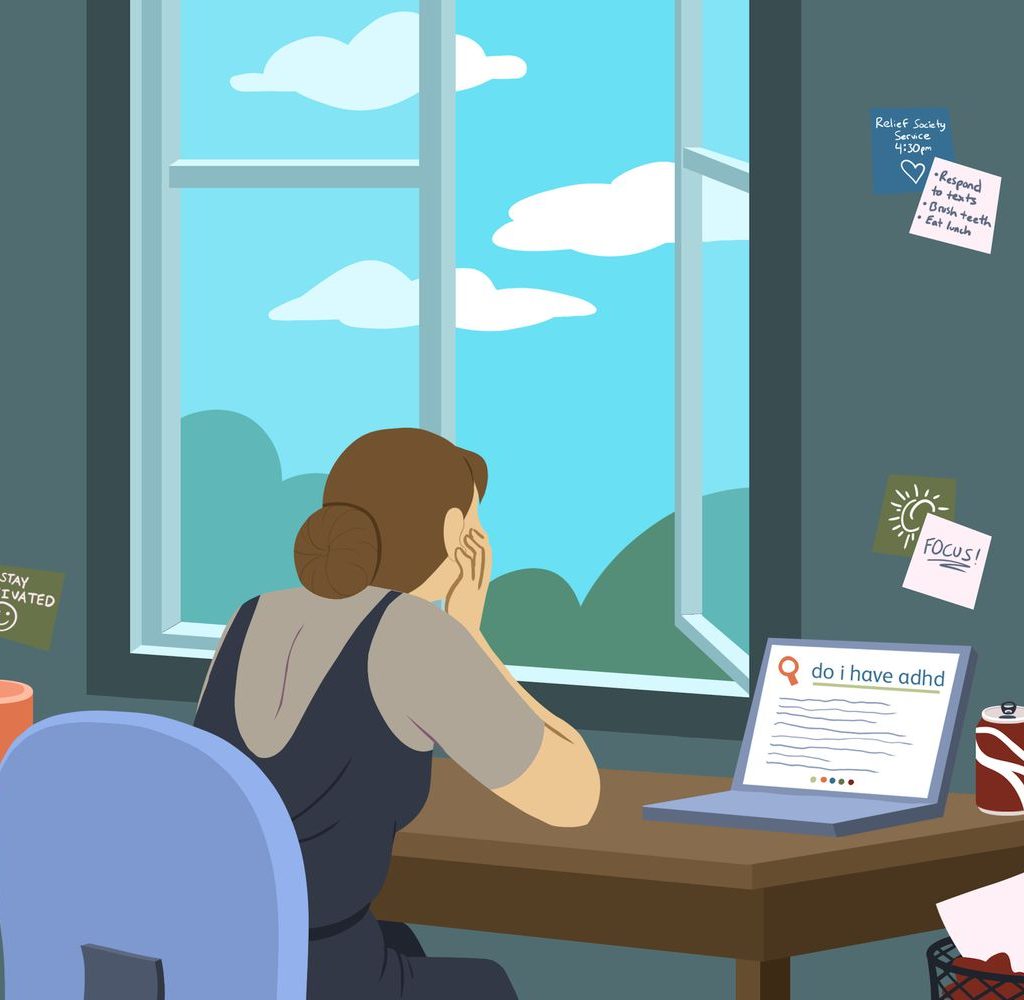ADHD, or Attention Deficit Hyperactivity Disorder, is a condition that impacts adults just as much as children. Recognizing adult ADHD symptoms is vital for understanding how it affects daily life and relationships. Research comparing the ADHD brain & regular brain highlights key differences in attention, impulse control, and executive functioning, providing deeper insight into the condition. Whether you’re curious about the signs and symptoms of ADHD in adults, exploring the best jobs for people with ADHD, or navigating challenges with ADHD in adult women.
Adult ADHD Signs and Symptoms:
This guide provides essential insights. Untreated ADHD can lead to developmental delays, but understanding ADHD symptoms in women and men and effective adult ADHD treatment can empower individuals to manage their condition.
1. Common Symptoms of Adult ADHD:
Inattention:
- Difficulty focusing on tasks
- Easily distracted
- Forgetfulness
- Poor time management skills
Hyperactivity and Impulsivity:
- Restlessness and fidgeting
- Difficulty sitting still
- Impulsive behavior
- Trouble with patience
Executive Function Difficulties:
- Challenges with planning and organization
- Difficulty prioritizing tasks
- Poor time management skills
- Problems with working memory

2. ADHD in Women: Unique Challenges
Women with ADHD often present with different symptoms than men. They may experience:
- Intense Emotions: Difficulty regulating emotions and experiencing emotional outbursts.
- Daydreaming and Zoning Out: Frequently losing track of time or conversations.
- Relationship Difficulties: Challenges in maintaining relationships due to impulsivity or difficulty with communication.
3. The Impact of Untreated ADHD in Adults:
Untreated ADHD can lead to a variety of challenges, including:
- Career Difficulties: Job instability, difficulty with deadlines, and poor performance.
- Relationship Problems: Struggles in relationships due to impulsivity, poor communication, and difficulty with commitment.
- Financial Problems: Impulsive spending, difficulty managing money, and job instability can lead to financial difficulties.
- Mental Health Issues: Increased risk of anxiety, depression, and substance abuse.

4. Diagnosis and Treatment of Adult ADHD:
If you suspect you may have ADHD, it’s important to consult with a mental health professional for a proper diagnosis. Treatment options may include:
- Medication: Stimulant medications can help improve focus and attention.
- Therapy: Cognitive-behavioral therapy (CBT) can help you develop coping strategies and improve your ability to manage symptoms.
- Lifestyle Changes: Techniques like time management, organization, and stress reduction can also be helpful.
By understanding the symptoms of adult ADHD and seeking appropriate treatment, you can improve your quality of life and achieve your full potential.
5. Best Jobs for People with ADHD:
People with ADHD thrive in roles that capitalize on creativity, problem-solving, and flexibility. Some excellent job options include:
- Creative fields like graphic design, writing, or photography.
- Careers in technology, such as software development or IT troubleshooting.
- Roles involving high-energy environments like sales or event planning.
These jobs often allow individuals with ADHD to use their unique strengths effectively.

6. Taking an Adult ADHD Test:
If you suspect ADHD, consider taking an initial online ADHD test or consulting a healthcare provider for a formal diagnosis. Testing can clarify the condition and lead to effective treatments.
Conclusion:
Understanding adult ADHD symptoms is essential for identifying challenges and seeking effective solutions. Whether you’re exploring the best jobs for people with ADHD, recognizing the signs and symptoms of ADHD in adults, or supporting a partner with ADHD, knowledge is the first step toward improvement. For women and men, symptoms may differ, making it crucial to address the unique aspects of ADHD symptoms in women and men.
Untreated ADHD in adults can lead to complications, but options like adult ADHD treatment, therapy, and lifestyle adjustments provide hope for a better future. If you’re unsure, an adult ADHD test can help with diagnosis and guide you toward the right support. Remember, understanding the nuances of ADHD in adult women and men can foster better relationships and improve overall well-being.
FAQS:
Can you join the military with ADHD?
Yes, you can join the military with ADHD, but it depends on the severity of your symptoms and treatment history. Individuals must demonstrate stable behavior without medication for a specific period and meet fitness and mental health requirements.
How to treat ADHD in adults without meds?
ADHD in adults can be managed without medication through cognitive behavioral therapy (CBT), mindfulness practices, regular exercise, structured routines, and dietary adjustments. Coaching and support groups can also be beneficial.
Is ADHD neurological or psychological?
ADHD is primarily a neurological condition that affects brain function, including attention, impulse control, and executive functioning. Insights from ADHD neuroscience research reveal how these challenges arise from brain structure and activity differences. Additionally, ADHD can have psychological effects, such as anxiety or low self-esteem, further highlighting the importance of understanding its neurological basis.
What are the 5 levels of ADHD?
While ADHD isn’t formally categorized into levels, symptoms are often classified as inattentive, hyperactive-impulsive, or combined presentation. Severity can range from mild to severe based on how symptoms impact daily life.
How do you treat ADHD in adults?
ADHD in adults is treated through a combination of medication (e.g., stimulants or non-stimulants), therapy (like CBT), and lifestyle changes such as exercise, better sleep, and stress management strategies.
What is the developmental delay in adults with ADHD?
Adults with ADHD often exhibit delays in executive functioning, such as planning, time management, and emotional regulation. These delays can affect career progress, relationships, and daily responsibilities.
What does high-functioning ADHD in adults look like?
High-functioning ADHD in adults may include strong creativity and problem-solving skills but difficulties with organization, procrastination, or maintaining focus. These individuals often develop compensatory strategies to manage their symptoms effectively.
External Resources:
Managing ADHD is easier with access to reliable resources. Consider the following external links:
- National Institute of Mental Health (NIMH)
- CHADD (Children and Adults with Attention-Deficit/Hyperactivity Disorder)

Empowering parents to raise happy, confident kids. Get practical parenting tips and advice on our blog, Smart Parent Guides.
